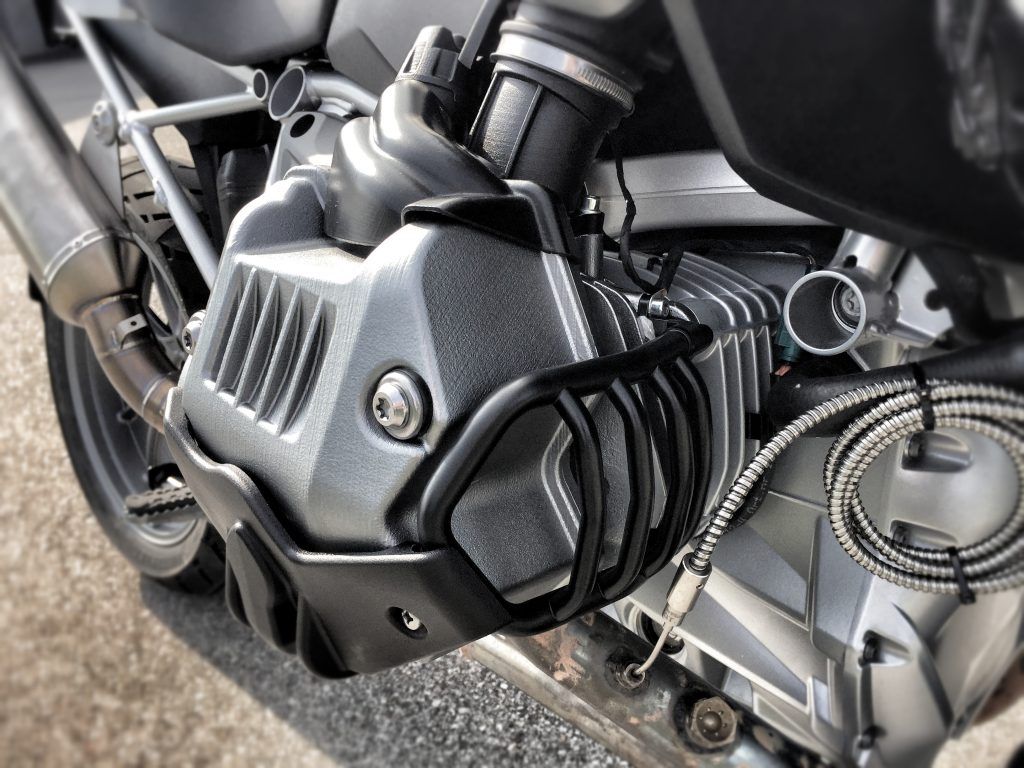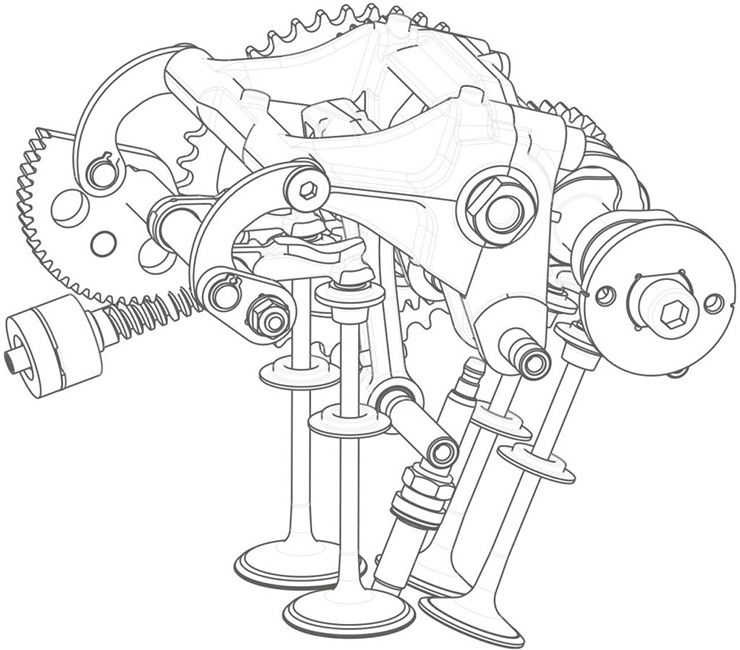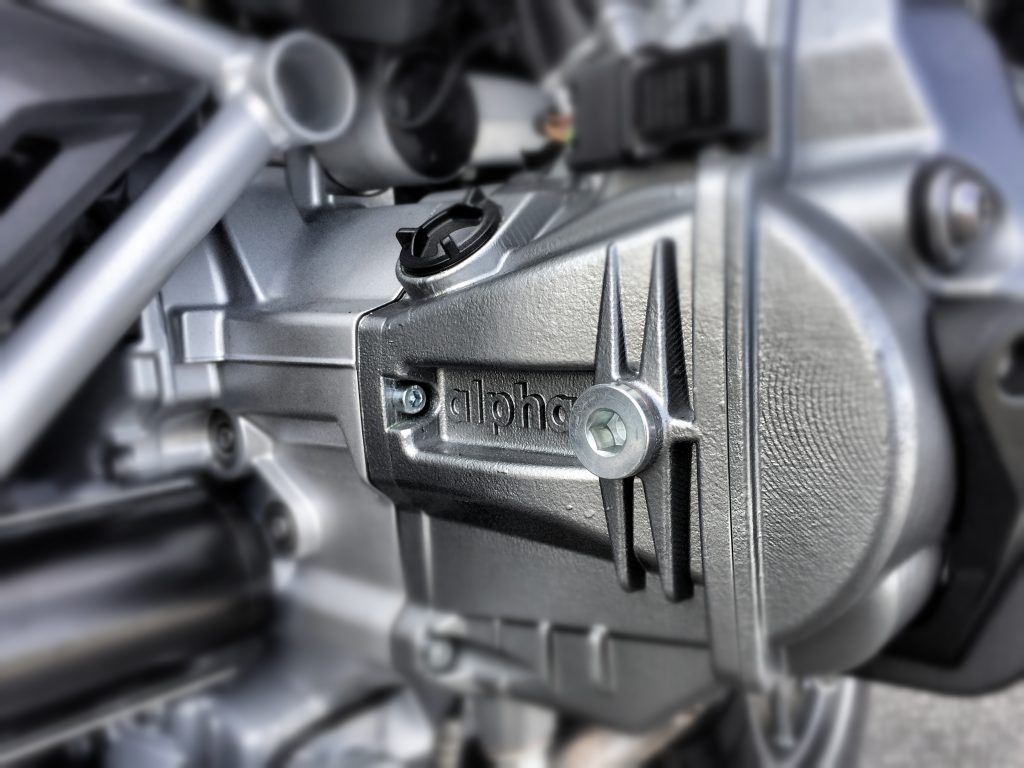Being the best-selling range of motorcycles for the Bavarian company, the GS legacy harks back close to 40 years, which was initiated with the R 80 GS back in 1980. Then there is the R1200RT, a sport touring motorcycle which has many at times been the bestselling model for BMW.
Currently, a 1170cc flat-twin boxer engine is the workhorse for both the flagship ADV motorcycle and is all set to receive some major updates for the 2019 year that is going to make it specked to Euro-V norms and also make more power without losing on any fuel efficiency. What’s the trick? It’s called VVT.
The down-to-earth character and powerful high-torque 1170cc engines today are responsible for these machines to be the highest grosser for the Bavarian company. It received its mid-life update in 2017 which saw the motor be regulated to Euro-IV compliancy with a smoother final drive and gearbox operation.
Keeping the race alive, the German manufacturer will give its top-of-the-line adventure tourer and the sports touring machine a bigger, cleaner and much quieter powertrain, thanks to the new cylinder head that hides the variable valve lift (or VVT - Variable Valve Timing) and the revised exhaust path and engine mapping. Alpha Racing had made one for an R1200GS porotype we saw in INTERMOT 2016.
The 1170cc will also be bumped up to 1254cc which will see the power ratings also shoot up from the current 125 hp to a 134 hp. The R1200 moniker will then be called as R1250. BMW have made these motors run smoother and quieter with the drop in the noise levels from 92dB to 88dB for 2019. When EURO-V norms come into play in 2020, BMW may have to drop the noise levels another 10dB.
So expect larger exhaust manifolds and belly pan, making the bike much heftier than it already is (573 lb). The 1254cc engine itself will weigh 11 pounds more than the 1170cc mill. This is where the excess 9hp will come in handy to haul the bike, and despite the added weight and power, BMW will thrive to keep fuel efficiency unchanged.
VVT is going to be the instrumental piece of tech that will keep the fuel economy in check. BMW, however, have been using their Valvetronic system on their automobiles since 2001, and will have a similar setup for their Boxer twins in the future. Honda, Suzuki, Yamaha, Kawasaki and Ducati already have versions of variable valve timing to make their engines more fuel efficient and powerful.
The new engine should spread across BMW’s water-cooled boxer range, with the R1250GS, R1250RT and R1250R moving to Euro-V by 2020. Expect the first glances of these machines at the German INTERMOT show in October or at the EICMA in Milan in November. Whether similar tech will extend to the retro air-cooled R NineT range is yet to be seen.
The race to the top is getting more fearsome every passing day, and the manufacturers are pulling out every little trick they have up their sleeves to make their product stand out from the rest. BMW Motorrad is at the forefront of imagination, innovation, and technology and proof of that is their list of the finest motorcycles that set benchmarks for every other maker to chase it.



